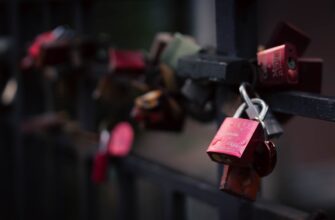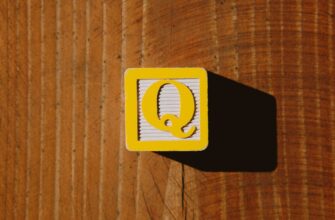Bitcoin offers financial freedom, but KYC (Know Your Customer) requirements on exchanges compromise privacy. For Karachi residents seeking to buy BTC anonymously, navigating Pakistan’s strict crypto regulations requires caution. This guide covers legal considerations, step-by-step methods, and essential security tips for non-KYC Bitcoin purchases.
## Why Avoid KYC for Bitcoin in Pakistan?
Privacy-focused users prefer non-KYC methods to:
– Maintain financial anonymity
– Bypass lengthy verification processes
– Avoid sharing sensitive ID documents
– Reduce exposure to data breaches
Note: Pakistan’s State Bank prohibits financial institutions from crypto dealings. Non-KYC transactions exist in a legal gray area—prioritize safety and compliance.
## Legal Risks & Precautions
Before proceeding:
– ⚠️ Cryptocurrencies aren’t legal tender in Pakistan
– ⚠️ SBP bans banks from crypto transactions
– ⚠️ Non-KYC deals offer zero fraud protection
Consult a legal expert if uncertain. Never risk funds you can’t afford to lose.
## 4 Ways to Buy Bitcoin Without KYC in Karachi
### 1. Peer-to-Peer (P2P) Cash Trades
Meet trusted sellers in person:
– **Platforms**: LocalBitcoins, Paxful, or Binance P2P (select “no KYC” filters)
– **Process**:
1. Create a basic account (no ID upload)
2. Find Karachi-based sellers accepting cash
3. Agree on public meeting spot (e.g., mall, cafe)
4. Exchange cash for BTC transferred to your wallet
– **Safety Tips**:
– Use platform escrow
– Verify seller reputation
– Meet daytime in secure locations
### 2. Bitcoin ATMs (Limited Availability)
While rare in Karachi, anonymous ATMs allow:
– Cash-to-BTC conversions (under $900 usually KYC-free)
– Scan wallet QR code for instant transfer
⚠️ Check CoinATMRadar for operational machines. None currently verified in Karachi.
### 3. Gift Card Swaps
Convert retail gift cards to Bitcoin:
– **Platforms**: Paxful, CardCash
– **Steps**:
1. Buy gift cards (e.g., Amazon, Steam) with cash
2. Trade cards for BTC via non-KYC vendors
3. Receive Bitcoin directly to your wallet
### 4. Decentralized Exchanges (DEXs)
For advanced users:
– Swap other cryptocurrencies (e.g., Monero) for BTC
– Platforms: Bisq, Hodl Hodl (non-custodial, no ID)
– Requires existing crypto holdings
## Storing Your Bitcoin Securely
After purchase:
1. **Never** leave coins on exchanges
2. Use non-custodial wallets:
– Hardware: Ledger, Trezor (most secure)
– Mobile: Exodus, Trust Wallet
– Desktop: Electrum
3. Enable 2FA and backup seed phrases offline
## Risks of Non-KYC Bitcoin Purchases
– **Scams**: Fake sellers, phishing links
– **Legal uncertainty**: Potential regulatory action
– **No recourse**: Transactions are irreversible
– **Price volatility**: BTC value fluctuates rapidly
## Frequently Asked Questions (FAQ)
### Is non-KYC Bitcoin legal in Karachi?
While buying BTC isn’t explicitly illegal, Pakistan’s central bank prohibits financial institutions from facilitating crypto trades. Non-KYC methods operate in an unregulated space—exercise extreme caution.
### Can I buy large amounts without KYC?
Most non-KYC methods limit transactions (usually under $500-$1000). Large purchases attract scrutiny and increase scam risks.
### Are Bitcoin ATMs available in Karachi?
As of 2024, no verified Bitcoin ATMs exist in Karachi. Closest options may be in Dubai.
### How do I avoid scams?
– Verify seller ratings on P2P platforms
– Never share private keys
– Use escrow services
– Meet in public with a companion
### What wallets support non-KYC Bitcoin?
All non-custodial wallets (e.g., Ledger, Exodus) work with non-KYC BTC. Avoid KYC-enforcing exchanges like Binance for storage.
## Key Takeaways
Buying Bitcoin without KYC in Karachi involves:
1. Using P2P cash trades or gift card swaps
2. Accepting higher risks for greater privacy
3. Storing BTC in self-custody wallets
4. Staying updated on Pakistan’s crypto regulations
Prioritize security over convenience. If opting for non-KYC methods, start with small amounts and use trusted platforms only.








